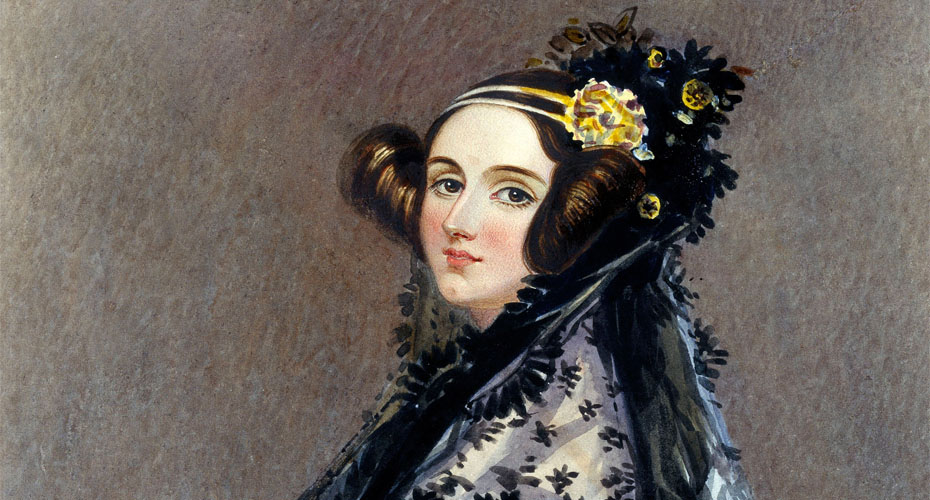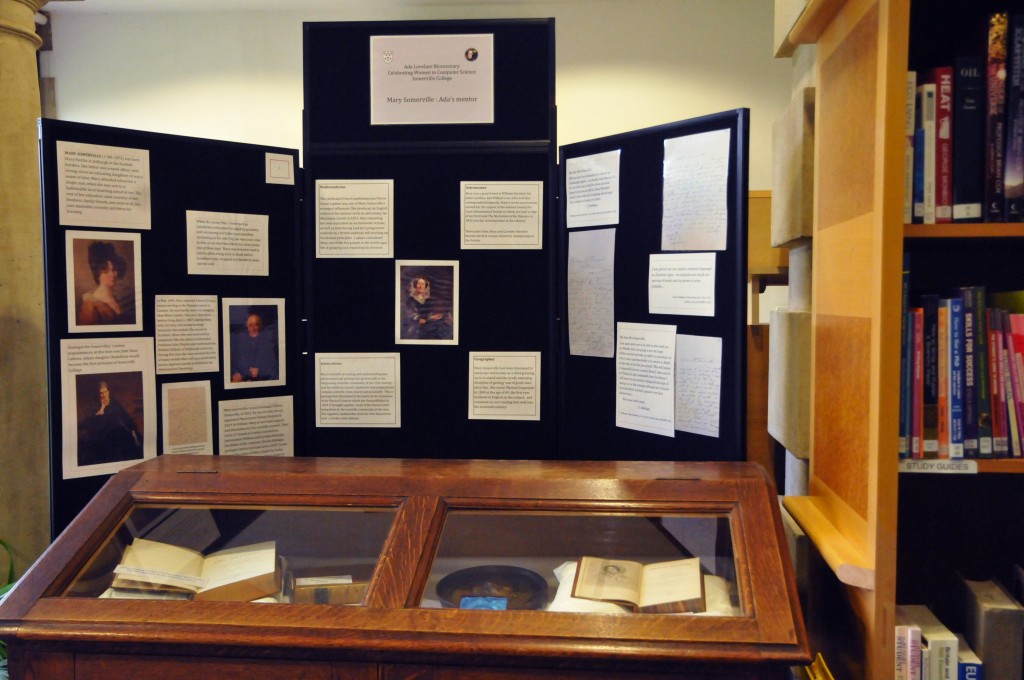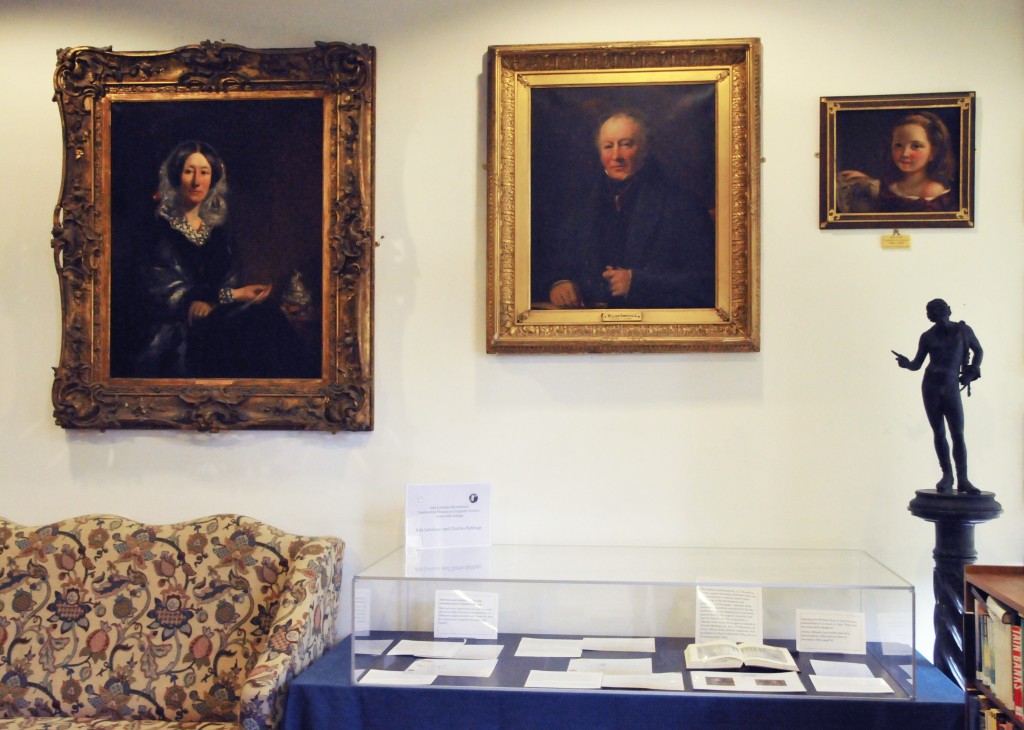 On Friday the 16th of October, Somerville College hosted the Ada Lovelace Bicentenary –– a workshop celebrating women in computer science and in honour of the 200th anniversary of the birth of Ada Lovelace.
On Friday the 16th of October, Somerville College hosted the Ada Lovelace Bicentenary –– a workshop celebrating women in computer science and in honour of the 200th anniversary of the birth of Ada Lovelace.
As well as Somerville students and Fellows, Somerville opened the event to members of the public. Around 70 people came to the event to listen to talks from Computer Science professors and to see an exhibition of Ada Lovelace’s literary life in the library.
“It is important to increase active participation, including at the highest levels, of women in computer science and more generally in science and mathematics as well,” said Mason Porter, Somerville’s Applied Mathematics Fellow, who organised and chaired the event. “Ada Lovelace provides a good excuse to both honour a pioneer and increase focus even further on these issues.”
Part of the display in the library
Ada Lovelace, who was tutored by Mary Somerville when she was a child, was a 19th century mathematician and a pioneer in computer science. She was the first person to publish a description of a stepwise sequence of operations for solving mathematical problems; this led her to be dubbed ‘the first computer programmer’.
Professor Mason Porter gave a summary of the speakers of the day:
“Prof. Jennifer Widom of Stanford University started off the program with an excellent talk about both databases and teaching. Prof. Cecilia Mascolo of University of Cambridge then discussed the use of computer science for studying questions about both human and animal mobility. Prof. Uli Sattler of University of Manchester focused her talk on women in computer science — including both celebrations and challenges — and that served as an excellent starting point for an engaging discussion.
After breaking for lunch, James Essinger and then Professor Ursula Martin discussed Ada Lovelace herself. We then closed with a short panel discussion to follow up on some issues that we had discussed earlier. The workshop was very successful, and the many attendees includes numerous high school girls and their teachers.”
One of the key issues discussed, which was brought up in Professor Sattler’s presentation, was that there has been a drop in the number of women in Computer Science degree programmes in the UK. Since the late 80s, the number has decreased to 13% from a recorded 37% in the 1960s.
The library display, alongside Somerville’s portraits of Ada Lovelace as a child, Mary Somerville and William Somerville.
Suw Charman-Anderson, a social technologist and one of the UK’s social media pioneers, has suggested that a lack of female role models in science, technology, engineering and maths (STEM) is one of the reasons for this inequality in representation. In an attempt to address this issue, Charman-Anderson founded Ada Lovelace Day in 2009.
Ada Lovelace Day, which falls on the second Tuesday in October every year, is an international event that was founded to encourage people to talk about the achievements of women in STEM to create new role models for girls and women. There are similar ongoing initiatives –– including Project Ada, Stem Women, National Centre for Women and Information Technology, the Athena Swan Charter, and Manchester Girl Geeks.
For more information, go to findingada.com or click the links found in the article.

